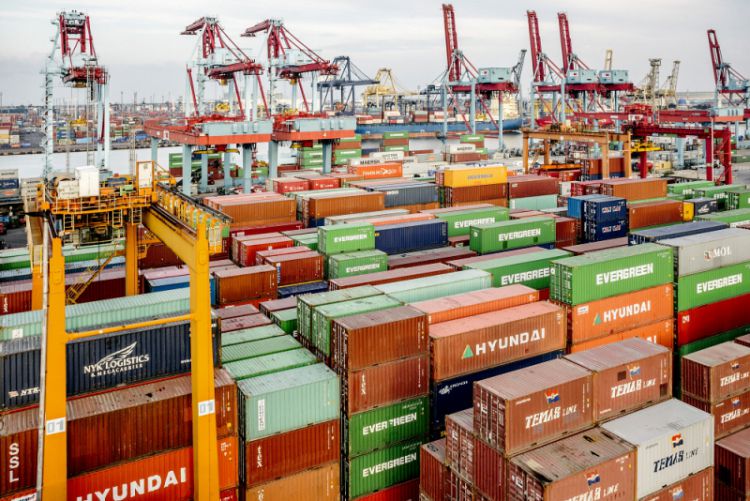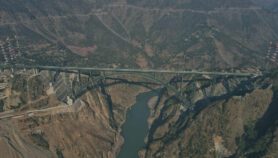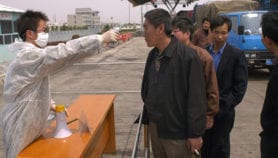By: Maha Rafi Atal
Send to a friend
The details you provide on this page will not be used to send unsolicited email, and will not be sold to a 3rd party. See privacy policy.
Last week, the World Trade Organization (WTO) met in Kenya for its regular ministerial conference. The meeting produced several breakthroughs, including a plan to phase out agricultural export subsidies and to eliminate tariffs on many IT products. But members agreed to disagree on the Doha Round, the overarching, multilateral negotiation aimed at lowering trade barriers that the WTO has been trying to complete since 2001.
The round has struggled to overcome scepticism from developing countries who fear exposing their industries to competition from stronger, rich country players.
Poor countries have vigorously argued for greater concessions for their products on international markets, and said they cannot meet the high costs of reforming trade regulations in their own markets, as the WTO mandates. Fundamentally, these concerns reflect fears that trade agreements will erode national policy sovereignty.
“Goodwill and trust between rich and poor countries — the prerequisite for more comprehensive trade agreements.
Maha Rafi Atal
Economics research shows that many of the fears are overblown. [1] Poor countries have much to gain from free trade — as long as trade agreements grant governments’ sovereignty over domestic economic policy. So the trade agenda must address sovereignty concerns to move forward.
Technology can help. In recent years, many developing countries have adopted electronic systems for managing non-tariff barriers to trade (NTBs), such as product standards or customs inspections.
The East African Community, for example, has adopted a phone and online system
for traders to report problems with NTBs, which member states committed to resolving within 48 hours. The Common Market for Eastern and Southern Africa has had a similar system in place since 2008, and reports success in 96 per cent of cases.
Such systems aim to cut the hours spent filing paperwork, reducing the cost of doing international business. The World Economic Forum has called for the use of “electronic messages” and “modern information technologies” as a way to reduce costs and so facilitate trade, as has the UN Conference on Trade and Development. [2,3]
Sceptics believe trade facilitation will undermine countries’ control over imports. But digitising and automating the processes of monitoring the flow of goods, and inspecting their quality, allows poor countries to maintain some control, while reducing compliance costs for foreign companies who want to enter domestic markets.
Trade advocates should also explore whether similar innovations can be used to help bring developing country products to world markets. One way would be for rich countries to use logistics and technology expertise to help poorer country businesses comply with international standards and non-tariff regulations.
Measures such as these can contribute to concrete development gains. They build goodwill and trust between rich and poor countries — the prerequisite for more comprehensive trade agreements.
Maha Rafi Atal is a PhD candidate at the University of Cambridge, United Kingdom, where she is researching the political effects of multinational firms acting as public service providers in the developing world. She was previously a journalist, including at Forbes, where she covered the intersection of business, development and international affairs. You can contact her on [email protected] or follow her on Twitter: @MahaRafiAtal
References
[1] Joseph E. Stiglitz and Andrew Charlton Fair trade for all: how trade can promote development (Oxford University Press, 2005)
[2] The global enabling trade report 2014 (World Economic Forum, 2014)
[3] Trade facilitation in regional trade agreements (UN Conference on Trade and Development, 2011)














